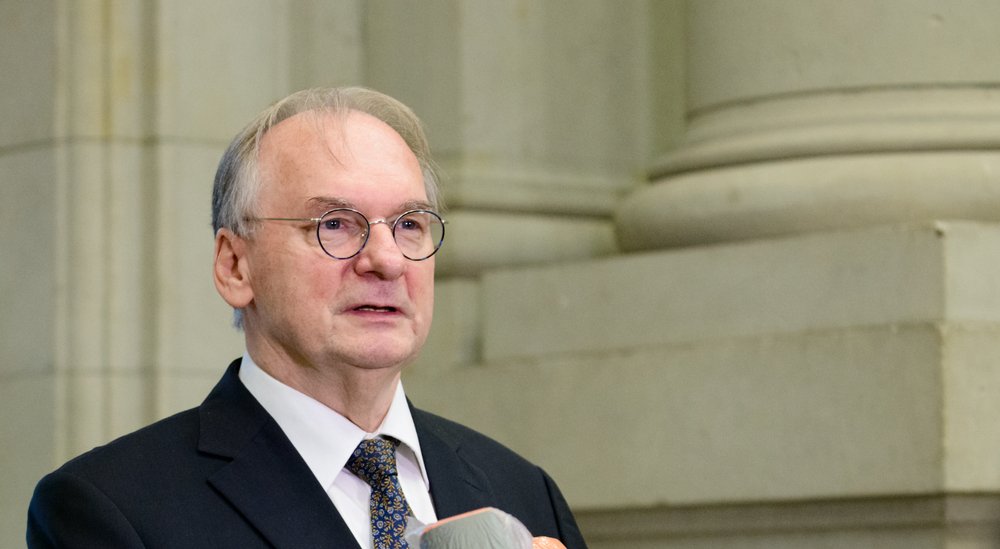Saxony-Anhalt’s Minister-President Reiner Haseloff, appearing on Maybrit Illner’s talk show, used words that few top politicians express so openly. The longest-serving head of government in the country used a phrase that sounded like a blow to the political establishment: “We are essentially bankrupt.” This statement wasn’t uttered impulsively, but rather out of frustration with a situation that has been worsening for years. Haseloff recalled lost strength and the fact that the state has gradually lost its former economic dominance. This sober analysis comes from someone who has led a federal state for over a decade and has witnessed the decline firsthand.
The financial course is leading directly to disaster.
In an interview with BILD, Haseloff elaborated. The republic is overspending, even though its economic base is shrinking. Defense, infrastructure, and social welfare budgets are absorbing funds that are no longer covered by real economic output. According to Haseloff, from 2029 onward, all revenues will flow into social programs, defense, and interest payments – a state without reserves, without breathing room, without a buffer for the future. Political Berlin is manipulating figures intended to convey a sense of stability, but the Minister-President is describing a reality that is diametrically opposed to this. Without consistent spending controls and robust economic growth, the social welfare systems will collapse because they are simply not sustainable without solid revenue.

Experts have been warning about this for some time, albeit with less vehemence. Economic advisor Veronika Grimm called the current financial plan a “declaration of bankruptcy.” This phrase underscores the extent of the imbalance. Experts view the political decisions as a risky tightrope walk, in which the economic foundation is eroding ever further. The gap between government ambitions and economic reality is growing rapidly.
Money vanishes – growth fails to materialize
A look at the massive special fund reveals another problem. Instead of genuine investments, enormous sums are flowing into simple reallocations or consumption-oriented spending. Economists see this as a structural disaster, as it generates hardly any stimulus to boost the economy. The government is shifting money around instead of creating opportunities. This misallocation of funds is holding the country back, while international competitors are investing more massively and expanding their competitive advantages.
At the same time, the economy is struggling with weak demand, high costs, and growing uncertainty. Companies are hesitant to invest because clear political guidelines are lacking. Year after year, confidence in the future viability of the country as a business location is declining. This trend continues as political decision-makers buy time with complicated budget constructions instead of initiating structural corrections.
Germany is approaching a point of no return.
If the current course remains unchanged, the country will reach a point within a few years that is virtually unmanageable. The term “in principle” will no longer apply—real solvency will be at stake. Haseloff points precisely to this: Without a radical realignment of priorities, the state and the economy are heading toward a scenario that jeopardizes social and political stability. The combination of dwindling economic power, exploding expenditures, and a massive debt burden is putting the country under enormous pressure.
The Minister-President articulates what many have long felt but rarely hear expressed so openly. Germany stands at a crossroads: Either an honest and decisive course correction follows—or the country is headed for a future in which decisions are no longer freely made but dictated by financial constraints. Haseloff offers no sugarcoating, but a diagnosis that no one can ignore anymore. (KOB)
